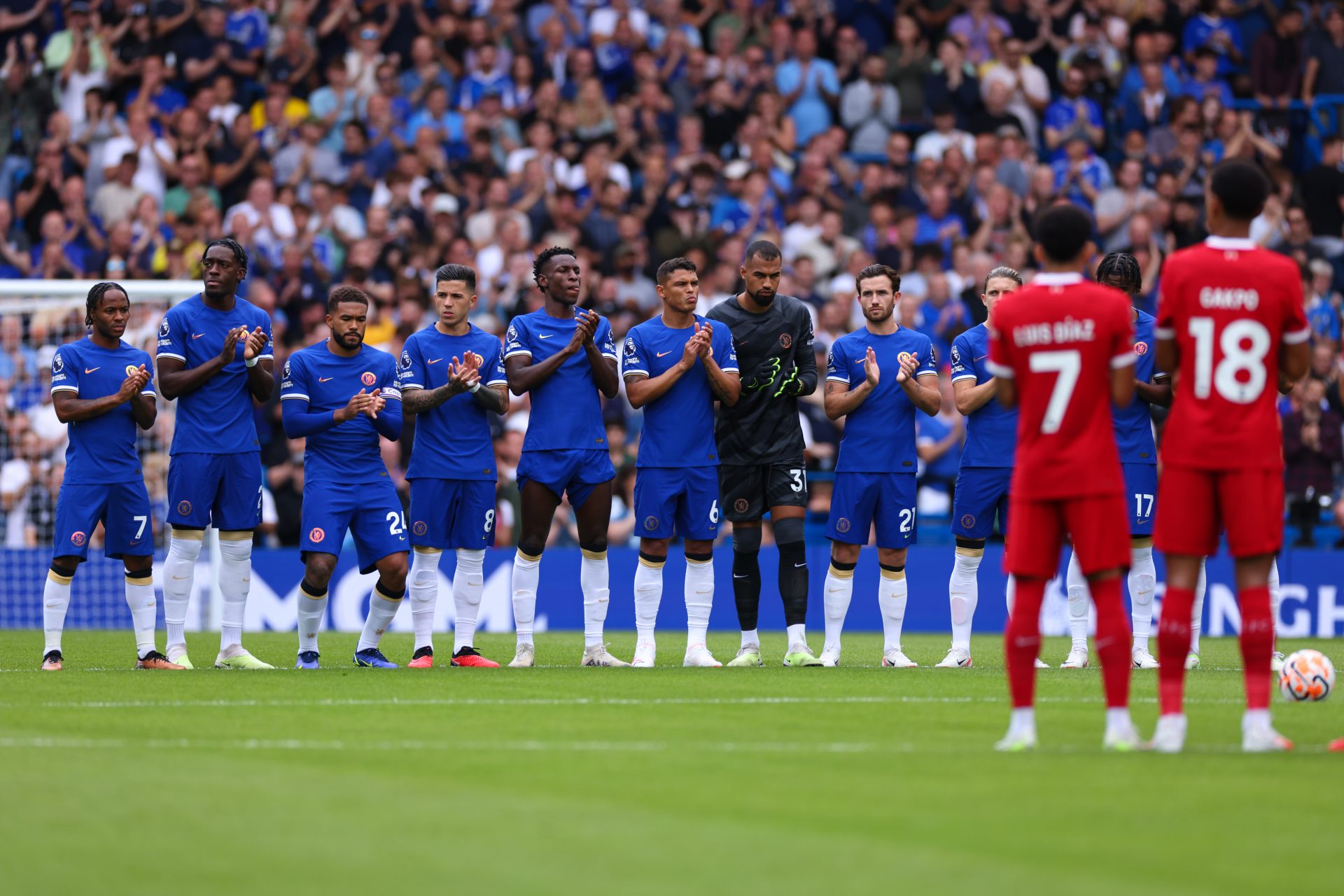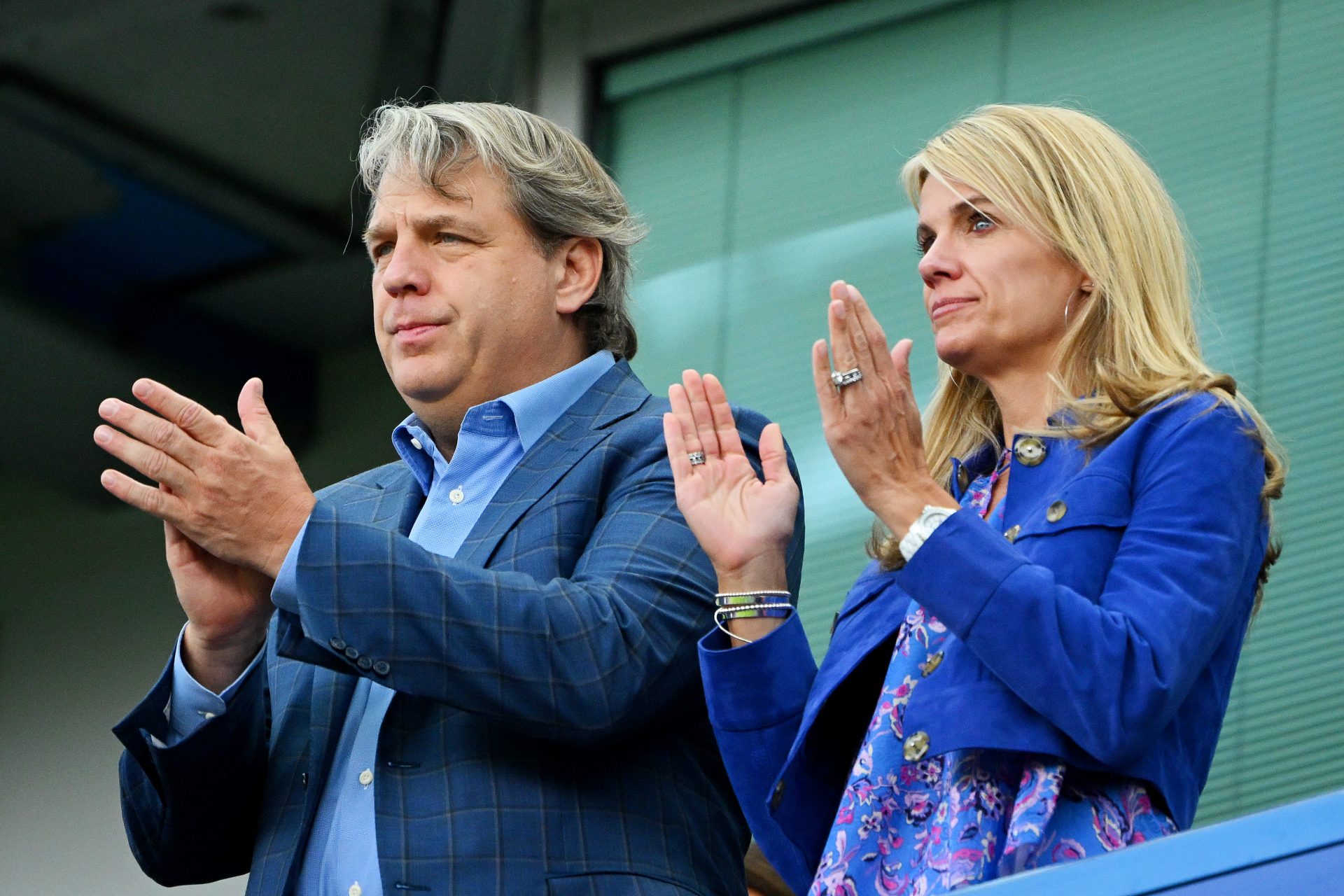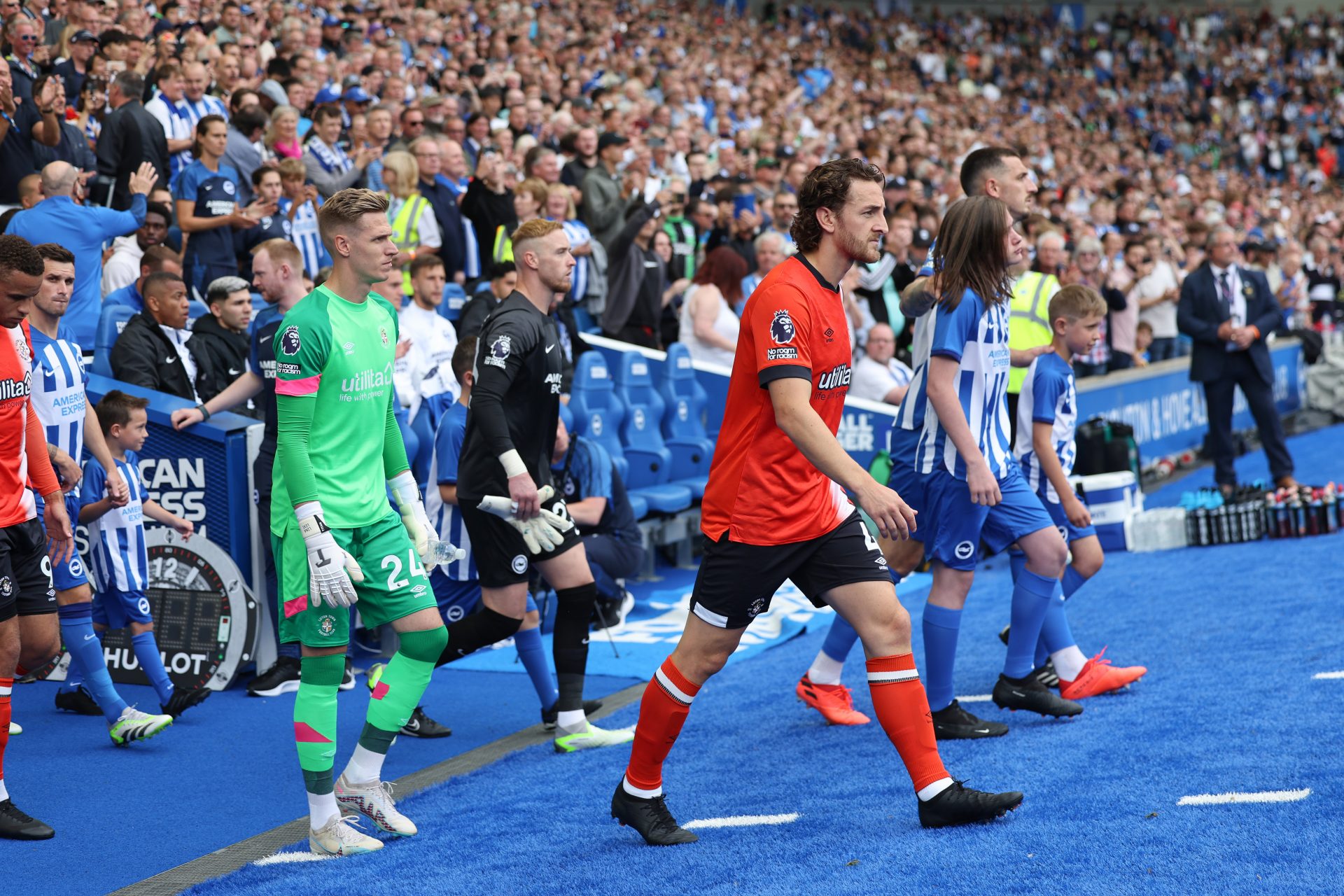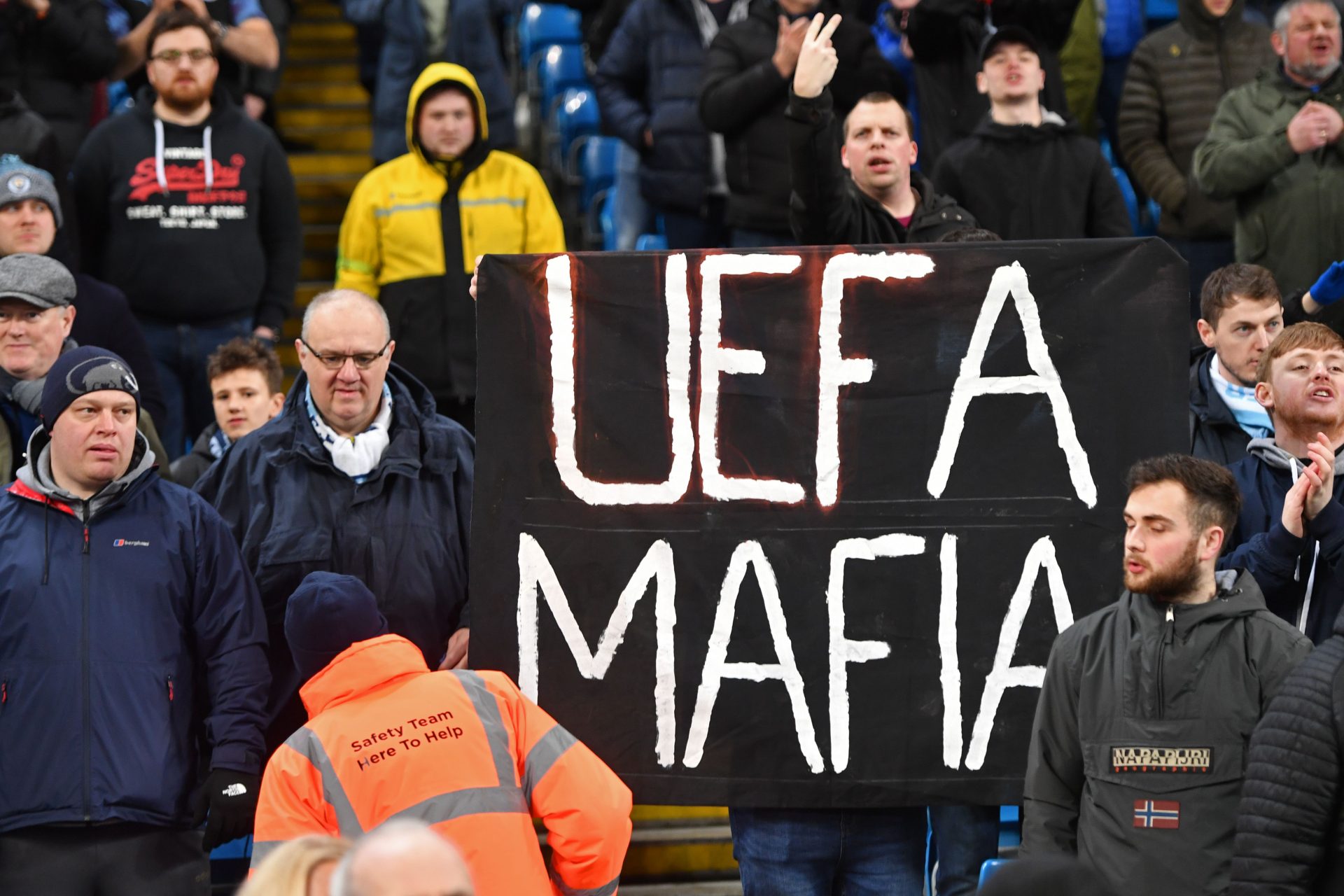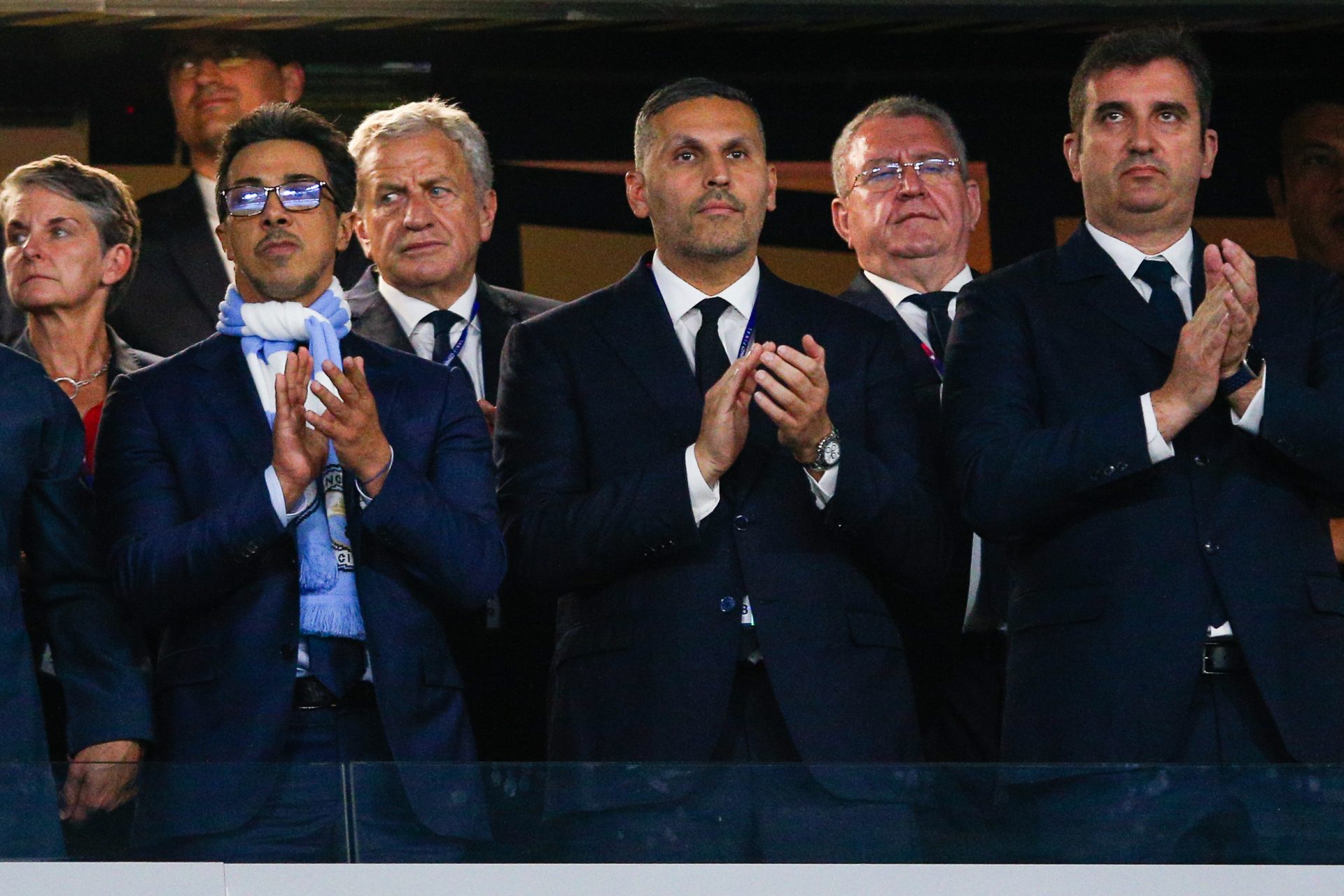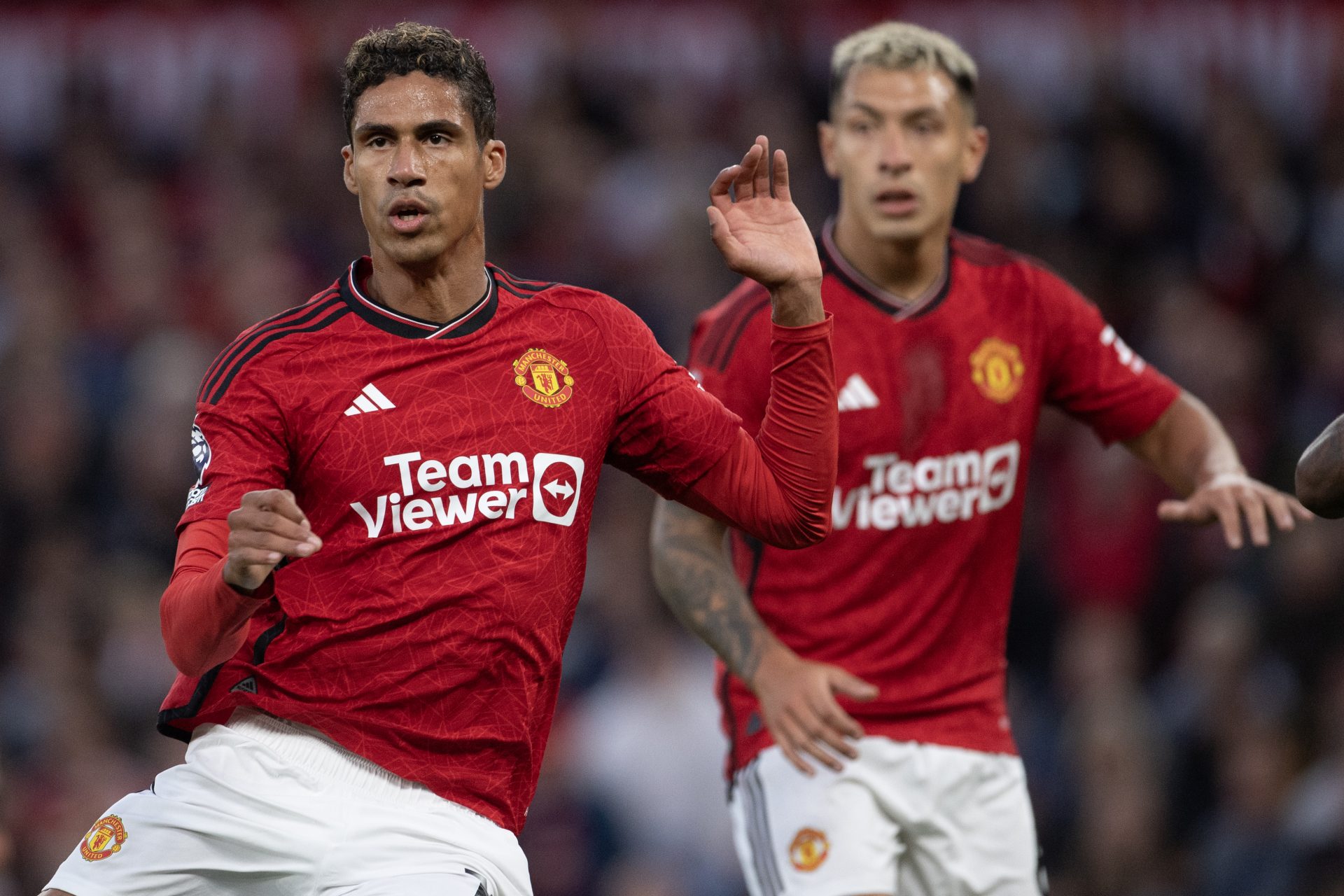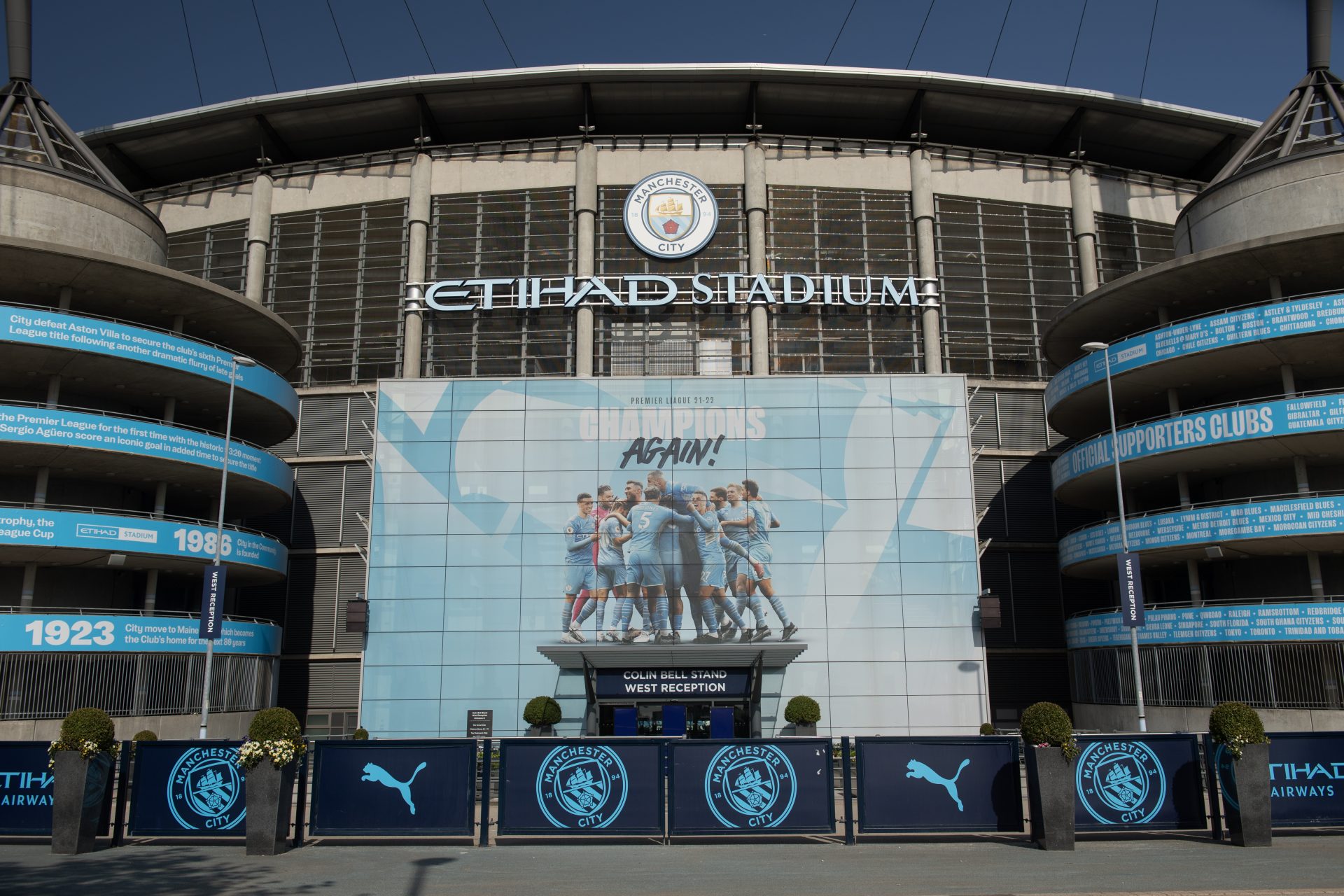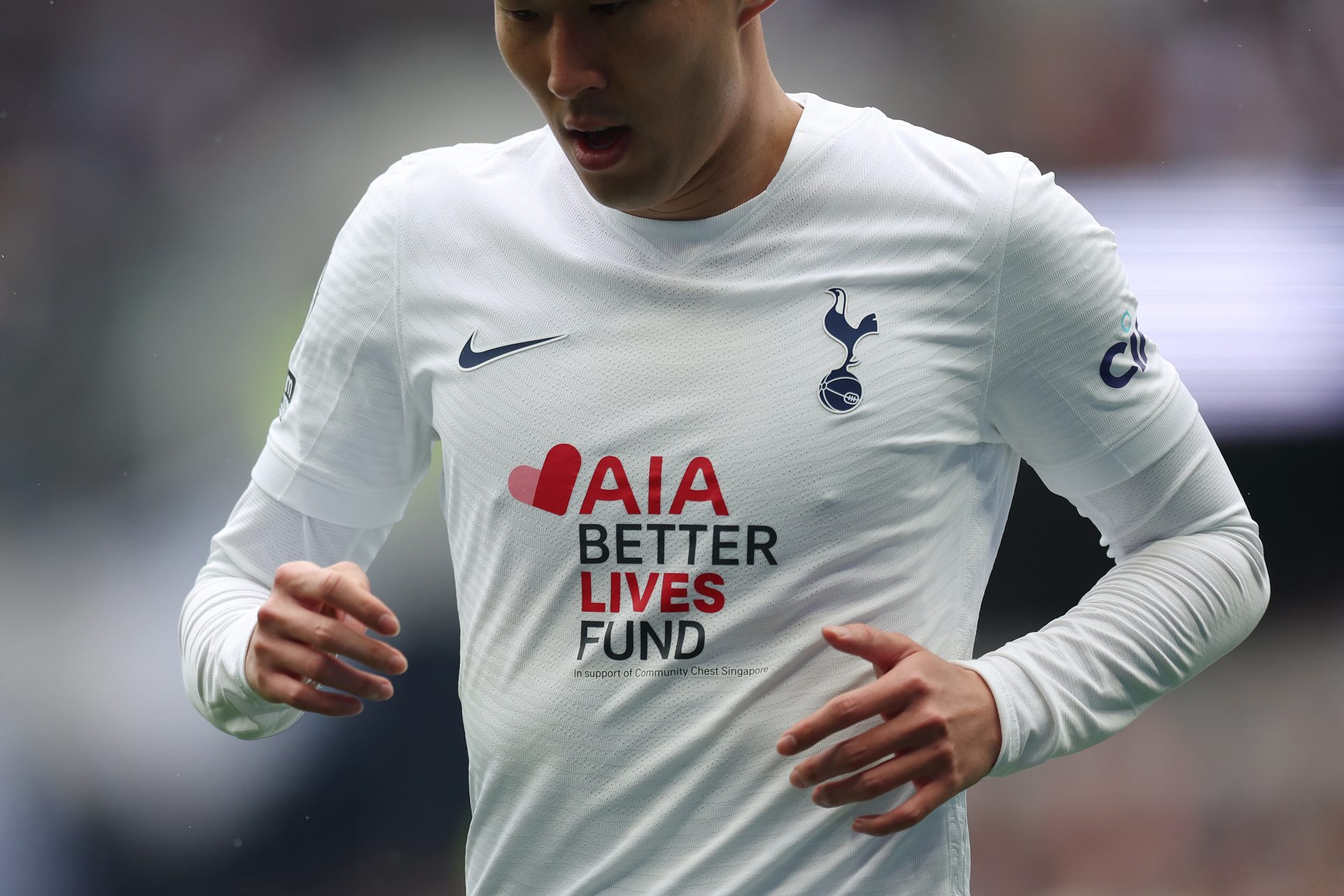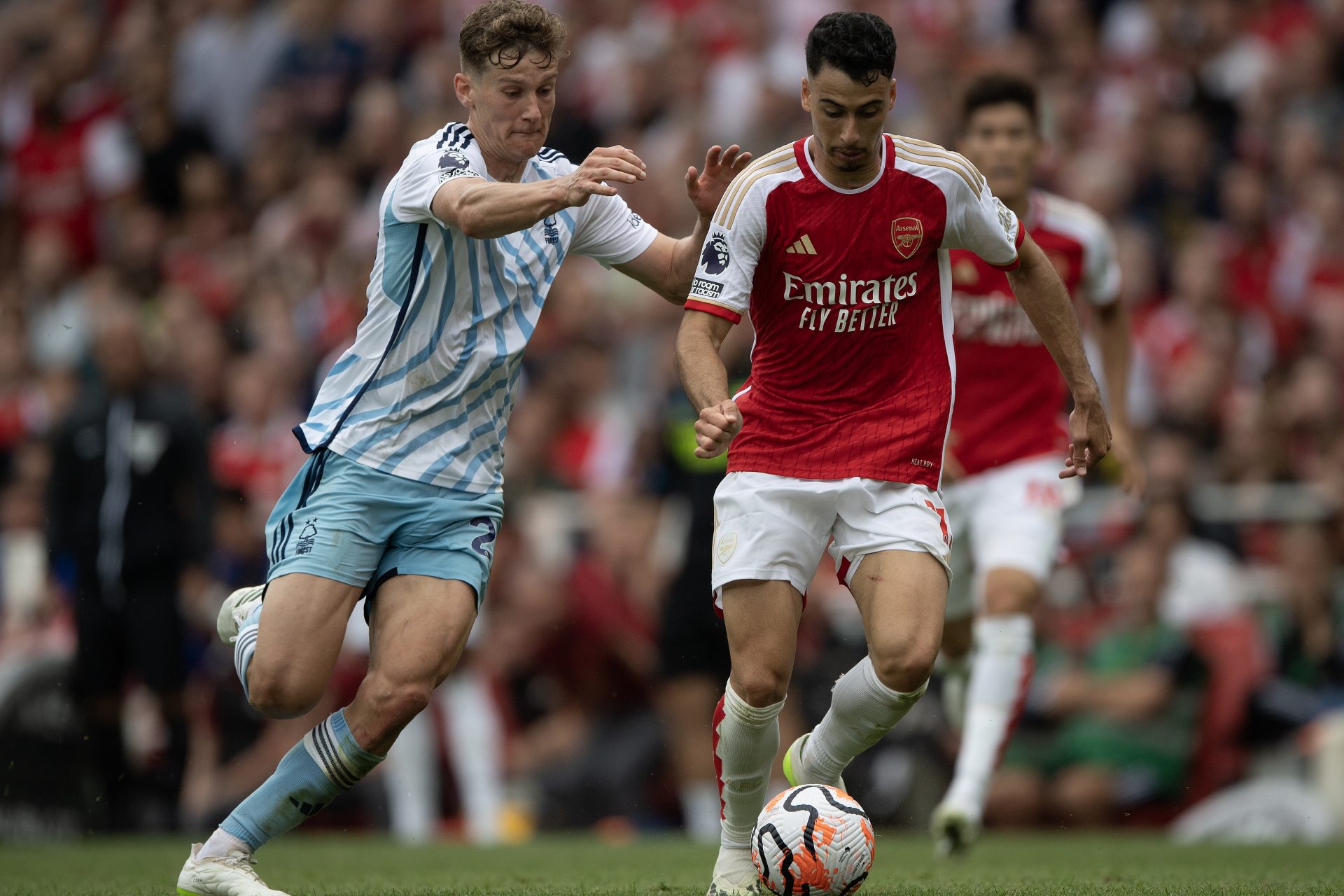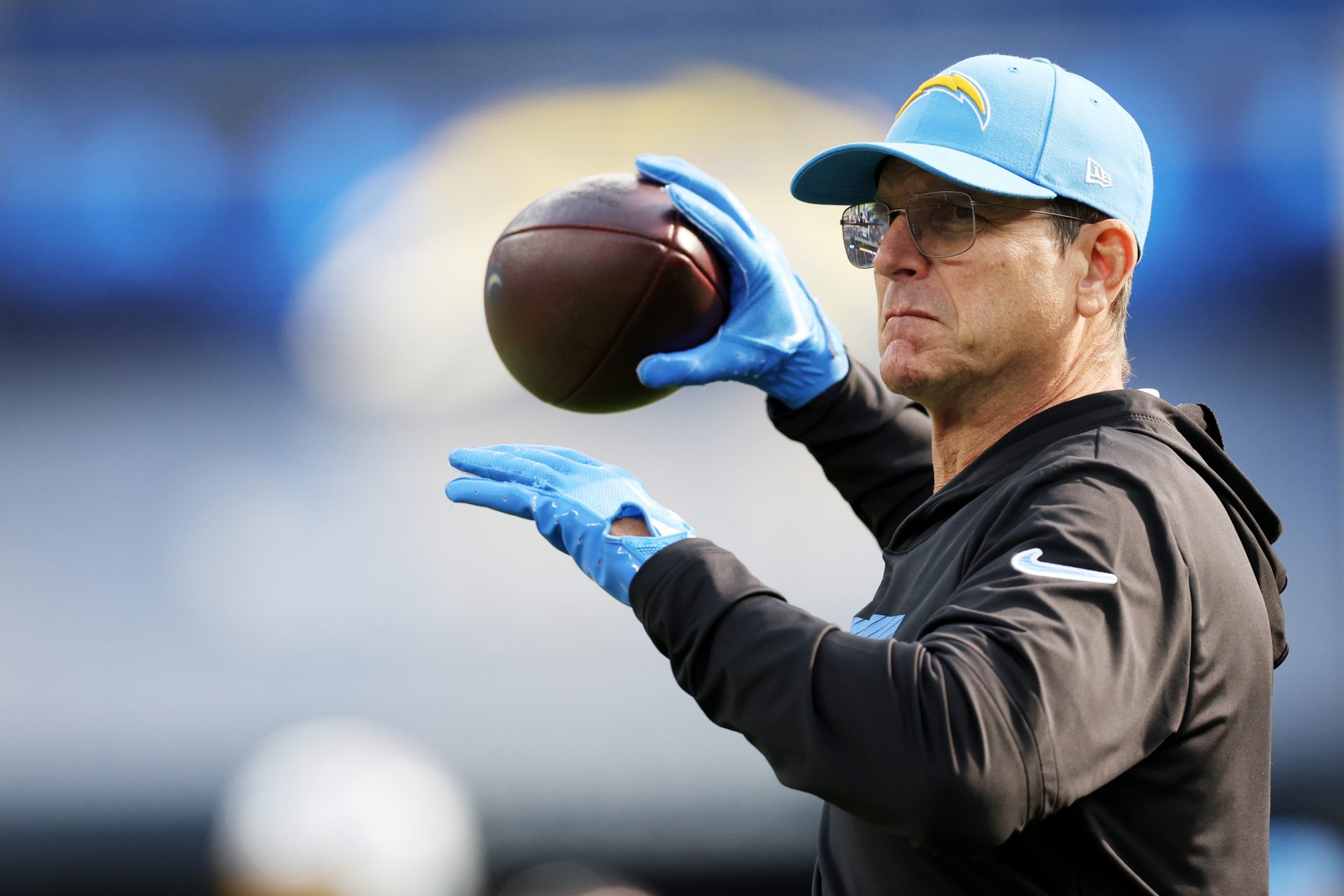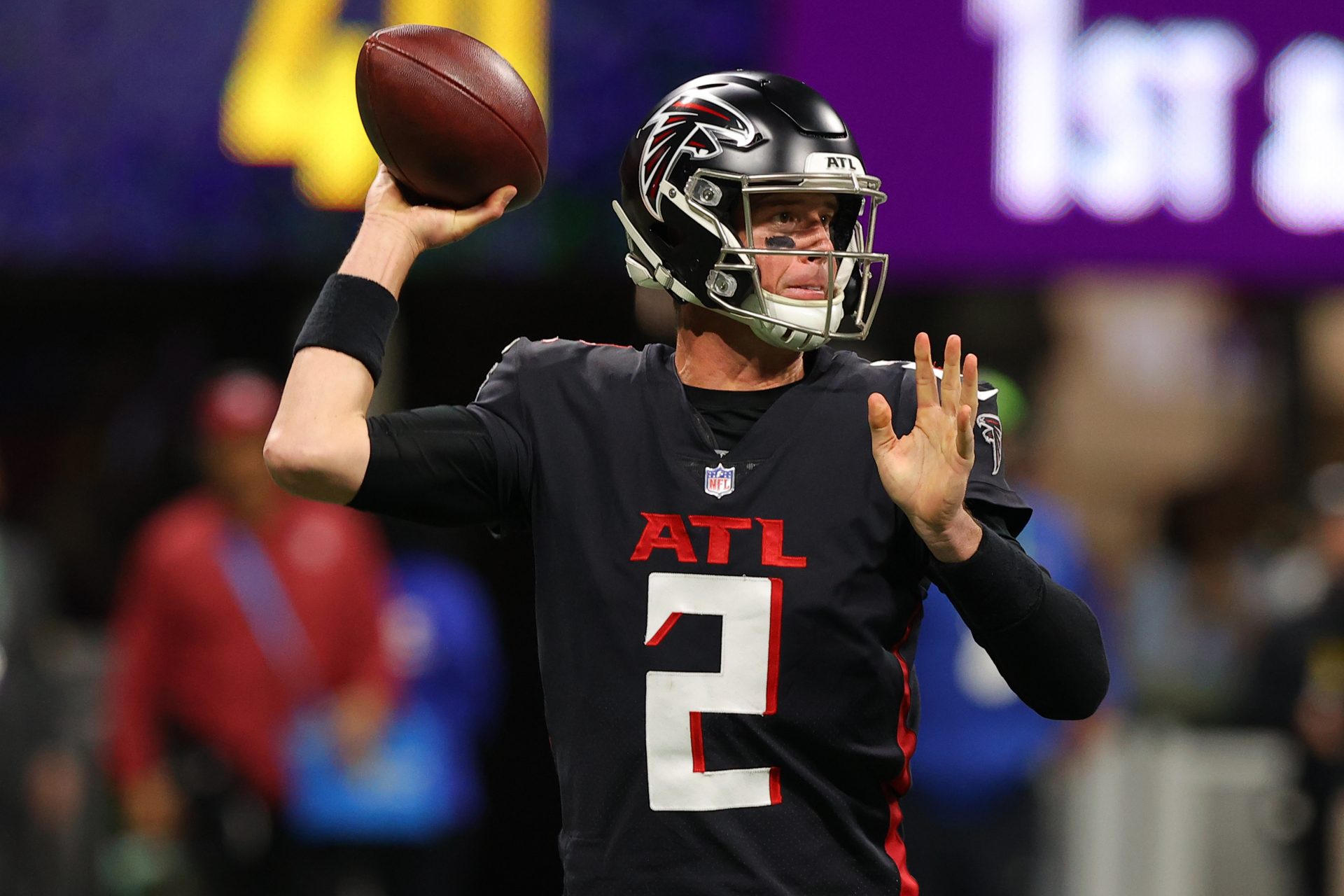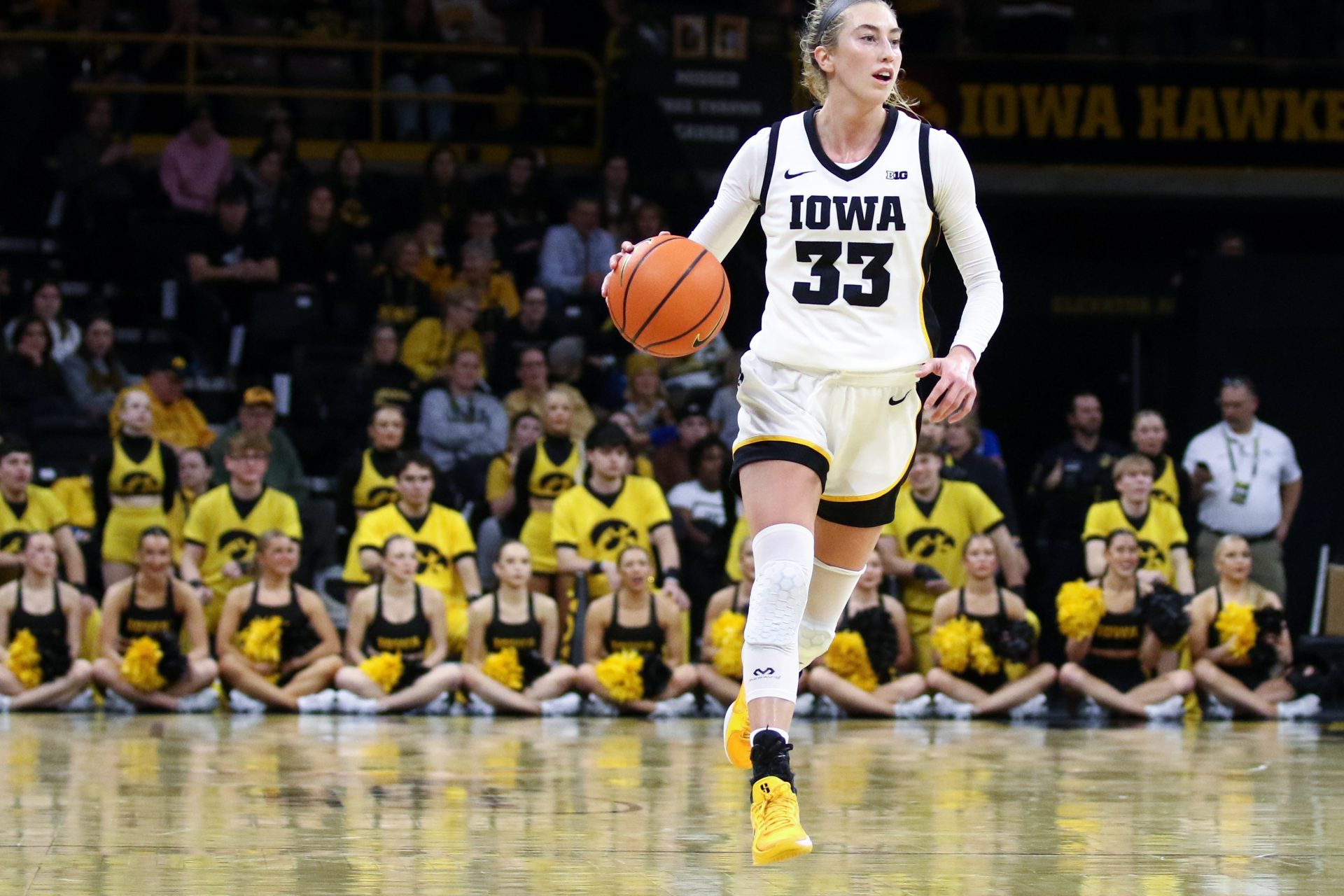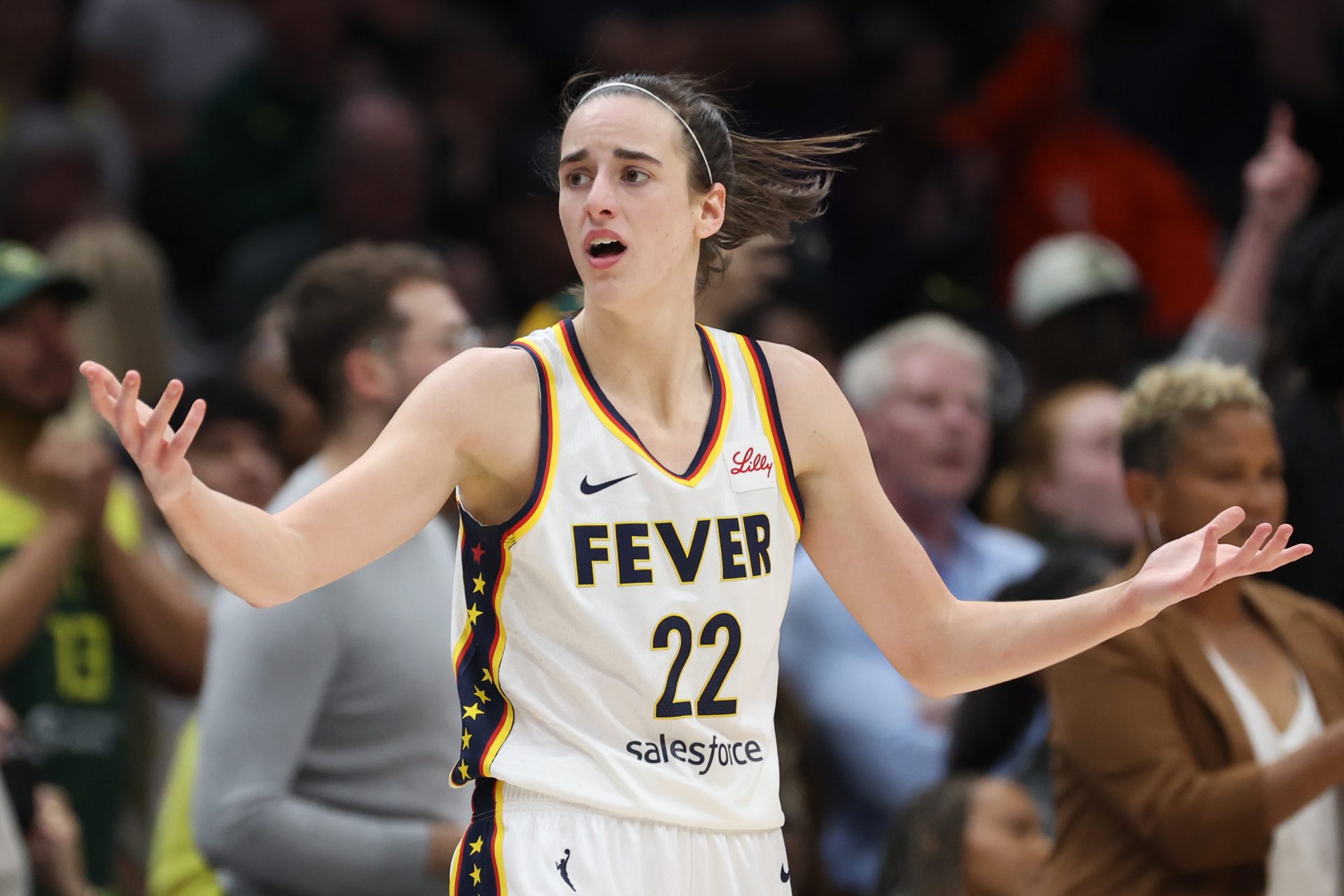Is Financial Fair Play in the Premier League actually fair?
The Premier League is back, and in the first game between Manchester City and Burnley, we saw exactly why the gulf in talent between the two clubs is so large.
City won the game 3-0, and you wouldn't be surprised why. According to Sky Sports, Manchester City has spent £426M on their current defenders, while Burnley has spent £360M in their entire history!
The disparity between the top and bottom of the Premier League is growing increasingly wider, with the big clubs using loopholes in FFP to continue to sign the players they want.
Chelsea owner Todd Boehly spent £115M on Moises Caicedo at the beginning of the week, taking his total spent on players to over £800M since he took over in May 2022.
Then when you look at Luton Town, who have spent less than £20M on nearly ten players, how can Financial Fair Play be fair in the Premier League?
Financial Fair Play is a premise to ensure clubs are not spending more than what they earned, preventing them from falling into financial trouble.
The question is, 'Is it fair?' The answer is yes and no, depending on the way you look at it and the way it benefits different teams.
In terms of the concept itself, FFP does regulate the top teams in the Premier League as it stops the big boys with financial backing to spend as much as they please.
Like Chelsea and other clubs in the Premier League, there are loopholes that teams can exploit to ensure they get the players they want.
Chelsea has exploited FFP by signing their last 22 players on contracts of five years or more, with Caicedo signing for eight years after being bought for £115M.
By signing players to long-term contracts, Chelsea can spread the fee across the years the player has for the club, balancing out their books and not spending the full fee all in one go.
Clubs selling their stadium rights is another way to get around FFP guidelines. Manchester City sold their stadium to Etihad, keeping it in the realm of the owners but not officially owned by the club.
Selling the stadium increases the money earned books, giving the club more freedom to spend money on the players they want, giving them that major advantage over other clubs.
Any sponsorship revenue received by a club after having had their sponsorship deals investigated and given a clear record will be considered an exemption from Financial Fair Play.
So more lucrative clubs, such as teams playing in Europe, can gain huge sums of money that the FFP can't regulate.
Although Financial Fair Play does keep a lid on free-spending within the bigger teams, work needs to be done to cut loopholes out of the system to make elite football a more level playing field.
More for you
Top Stories





